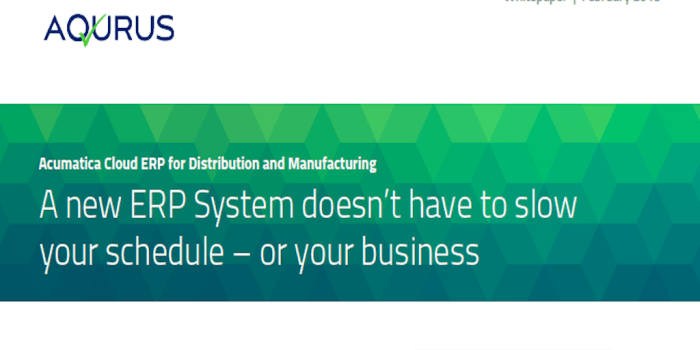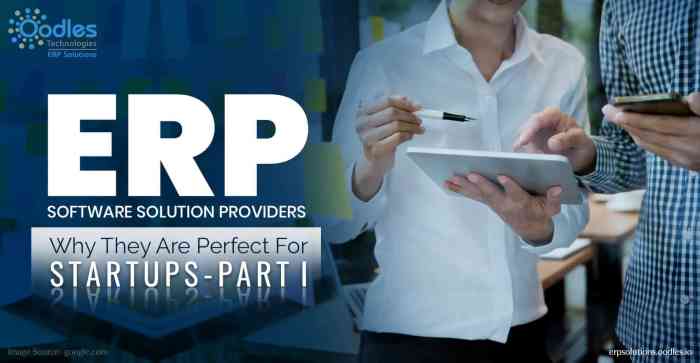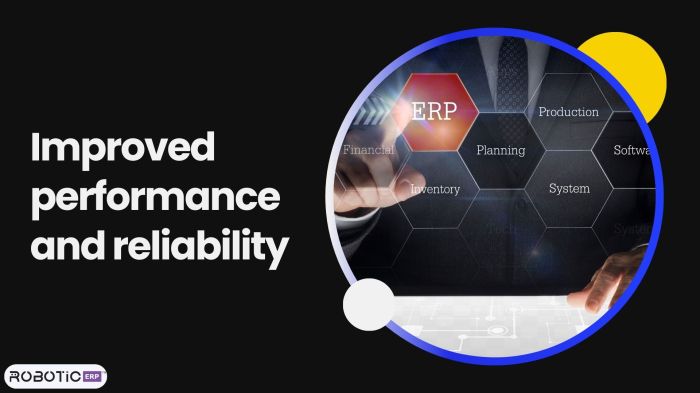ERP Software Near Me: Finding the ideal Enterprise Resource Planning (ERP) system can feel overwhelming. Businesses of all sizes grapple with the challenge of selecting software that seamlessly integrates with their existing operations, enhances efficiency, and provides a strong return on investment. This process requires careful consideration of various factors, from budget and scalability to the specific features and functionalities required to meet unique business needs.
Understanding the local landscape of ERP providers is crucial for effective implementation and ongoing support.
The geographical proximity of an ERP vendor offers significant advantages. Local providers often possess a deeper understanding of regional regulations and business practices, ensuring smoother integration and compliance. Furthermore, readily available on-site support and training can significantly reduce implementation time and costs, minimizing disruptions to daily operations. This localized approach fosters stronger relationships and allows for more personalized service, ultimately contributing to a more successful ERP implementation.

Source: aqurus.ca
The search for the perfect Enterprise Resource Planning (ERP) software can feel overwhelming. With so many options available, understanding your specific needs and finding a provider that offers local support is crucial. This comprehensive guide will help you navigate the process of finding the right ERP software near you, covering everything from defining your requirements to selecting and implementing the system.

Source: oodles.io
Understanding Your ERP Needs: A Starting Point
Before embarking on your search for “ERP software near me,” it’s essential to clearly define your business needs. A poorly chosen system can lead to inefficiencies and wasted resources. Consider the following:
Key Questions to Ask Yourself:
- What are your current business challenges? Identify bottlenecks in your operations, such as inefficient inventory management, poor customer relationship management (CRM), or lack of real-time data visibility.
- What are your business goals? Do you aim to improve efficiency, increase profitability, expand into new markets, or enhance customer satisfaction? Your ERP system should align with these objectives.
- What are your budget constraints? ERP software costs vary significantly depending on the size and complexity of the system, implementation services, and ongoing maintenance. Establish a realistic budget early on.
- What are your technical requirements? Consider factors such as the number of users, data storage needs, integration with existing systems (e.g., CRM, e-commerce platforms), and scalability for future growth.
- What level of customization do you need? Some ERP systems offer extensive customization options, while others are more “out-of-the-box” solutions. Determine the level of customization necessary to meet your unique business requirements.
Locating ERP Software Providers Near You
Once you’ve identified your needs, it’s time to find ERP software providers in your area. This offers the advantage of on-site support, easier collaboration, and potentially lower implementation costs. Here are some effective strategies:
Effective Search Strategies:
- Online Search Engines: Use s like “ERP software near me,” “local ERP consultants,” or “ERP implementation services [your city/region].” Refine your search by specifying your industry or business size.
- Industry Associations and Chambers of Commerce: Check the websites of industry-specific associations or your local chamber of commerce. They often have directories of businesses offering ERP solutions.
- Online Business Directories: Explore online directories such as Yelp, Google My Business, or specialized B2B directories to find local ERP providers.
- Networking: Attend industry events, conferences, or workshops to network with other businesses and potential ERP providers. Word-of-mouth referrals can be invaluable.
- Referrals: Ask other businesses in your industry or network for recommendations on ERP providers they’ve worked with successfully.
Evaluating ERP Software Options: A Critical Step
Narrowing down your options requires a thorough evaluation process. Don’t rush into a decision. Consider the following factors:

Source: roboticerp.com
Key Evaluation Criteria:
- Functionality: Does the software meet your specific business needs? Assess its capabilities in areas such as finance, inventory management, supply chain management, CRM, human resources, and manufacturing (if applicable).
- User-Friendliness: Is the software intuitive and easy to use for your employees? Look for a system with a user-friendly interface and adequate training resources.
- Scalability: Can the system adapt to your business’s growth? Choose a system that can scale to accommodate increasing data volumes, user numbers, and evolving business processes.
- Integration Capabilities: Does the software integrate seamlessly with your existing systems? This is crucial for avoiding data silos and ensuring data consistency.
- Security: Does the software provider offer robust security measures to protect your sensitive data? Look for features such as data encryption, access controls, and regular security updates.
- Vendor Support: Does the provider offer reliable technical support, training, and ongoing maintenance? A responsive and knowledgeable support team is essential for a smooth implementation and ongoing operation.
- Cost: Consider the total cost of ownership, including software licensing fees, implementation costs, training expenses, and ongoing maintenance.
- Implementation Process: Understand the provider’s implementation methodology and timeline. A well-defined implementation plan is critical for a successful deployment.
Implementing Your Chosen ERP Software
Once you’ve selected an ERP software provider, the implementation process is crucial for success. This typically involves several stages:
Stages of ERP Implementation:, Erp software near me
- Planning and Requirements Gathering: Thoroughly document your business processes and requirements.
- System Configuration: Customize the software to meet your specific needs.
- Data Migration: Transfer your existing data into the new system.
- Testing and Training: Thoroughly test the system and provide comprehensive training to your employees.
- Go-Live and Post-Implementation Support: Launch the system and provide ongoing support and maintenance.
Frequently Asked Questions (FAQ)
- Q: What is the average cost of ERP software? A: The cost varies greatly depending on the size of your business, the features you need, and the vendor. Expect to invest a significant amount, ranging from thousands to hundreds of thousands of dollars.
- Q: How long does it take to implement ERP software? A: Implementation timeframes vary, typically ranging from several months to a year or more, depending on the complexity of the system and the size of your business.
- Q: What are the benefits of using ERP software? A: Benefits include improved efficiency, reduced costs, better data visibility, enhanced decision-making, improved customer satisfaction, and increased profitability.
- Q: What is the difference between cloud-based and on-premise ERP software? A: Cloud-based ERP is hosted on the vendor’s servers, offering accessibility from anywhere with an internet connection. On-premise ERP is installed and maintained on your own servers, offering greater control but requiring more IT infrastructure.
- Q: How do I choose the right ERP vendor? A: Consider factors like their experience, reputation, customer support, and the software’s functionality and scalability. Request references and demos before making a decision.
Resources:: Erp Software Near Me
Call to Action
Finding the right ERP software near you is a significant investment, but the rewards can be substantial. By carefully considering your needs, conducting thorough research, and choosing a reputable vendor, you can transform your business operations and achieve your strategic goals. Start your search today and take the first step towards a more efficient and profitable future!
Selecting the right ERP software is a pivotal decision for any business. By carefully considering factors like local expertise, implementation support, and long-term scalability, companies can maximize their investment and reap the significant benefits of streamlined operations, improved efficiency, and enhanced data-driven decision-making. Remember that a successful ERP implementation is not just about the software itself; it’s about finding a partner who understands your business and can support you every step of the way.
Prioritizing local vendors can significantly contribute to this success.
Q&A
What are the key features to look for in ERP software?
Key features vary by industry and business size but generally include inventory management, financial accounting, customer relationship management (CRM), supply chain management, and reporting/analytics.
How much does ERP software cost?
ERP software costs vary greatly depending on the size of your business, the features you need, and the vendor. Expect a range from a few hundred dollars per month to tens of thousands.
What is the implementation process like?
Implementation typically involves needs analysis, software configuration, data migration, training, and ongoing support. The timeline can range from several weeks to several months.
How do I choose between cloud-based and on-premise ERP?
Cloud-based ERP offers scalability and accessibility, while on-premise offers greater control and customization. The best choice depends on your IT infrastructure and specific needs.